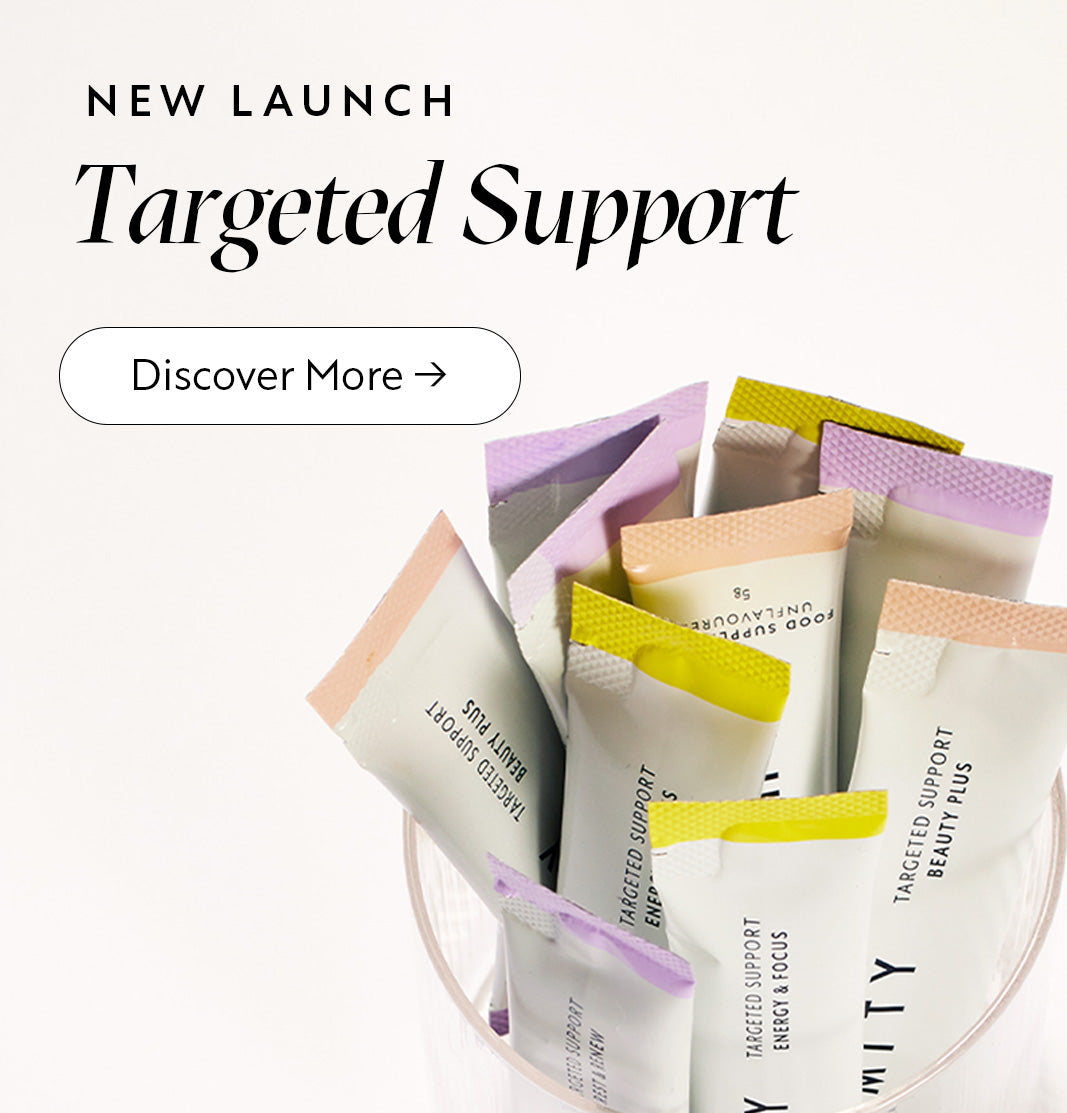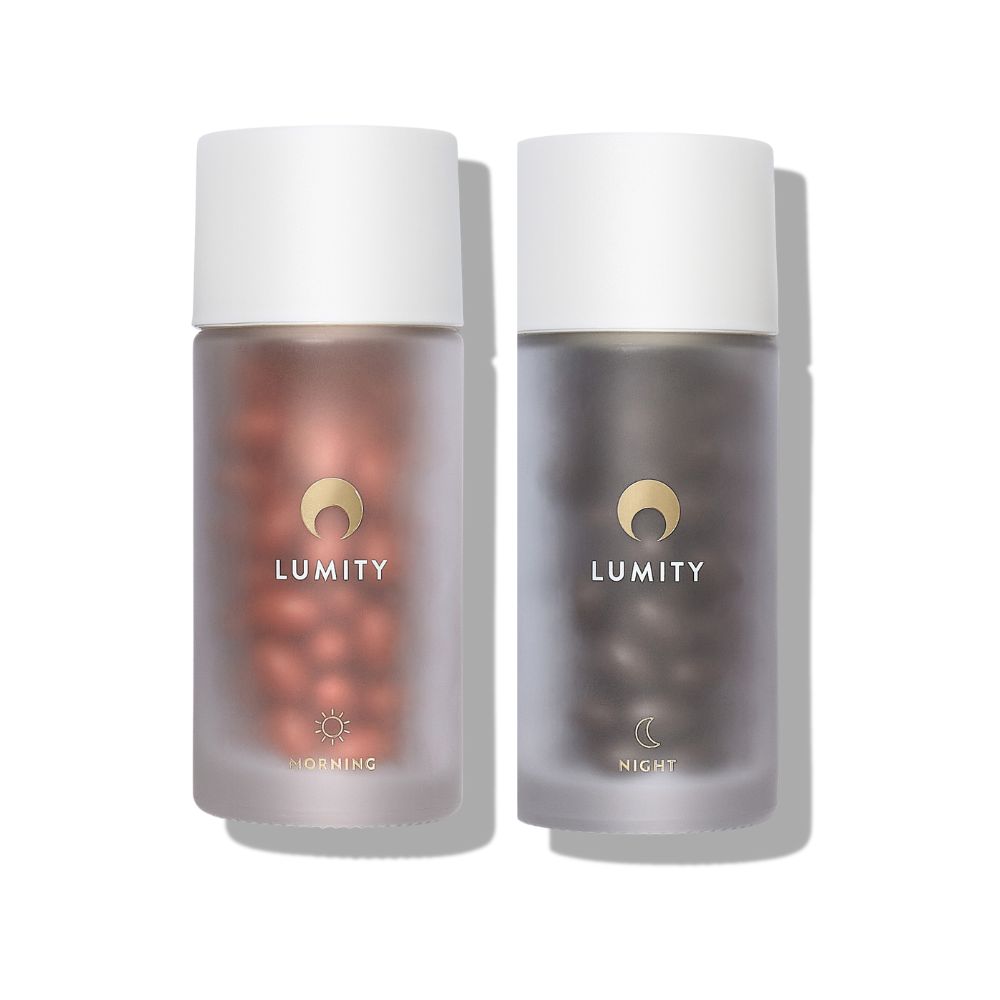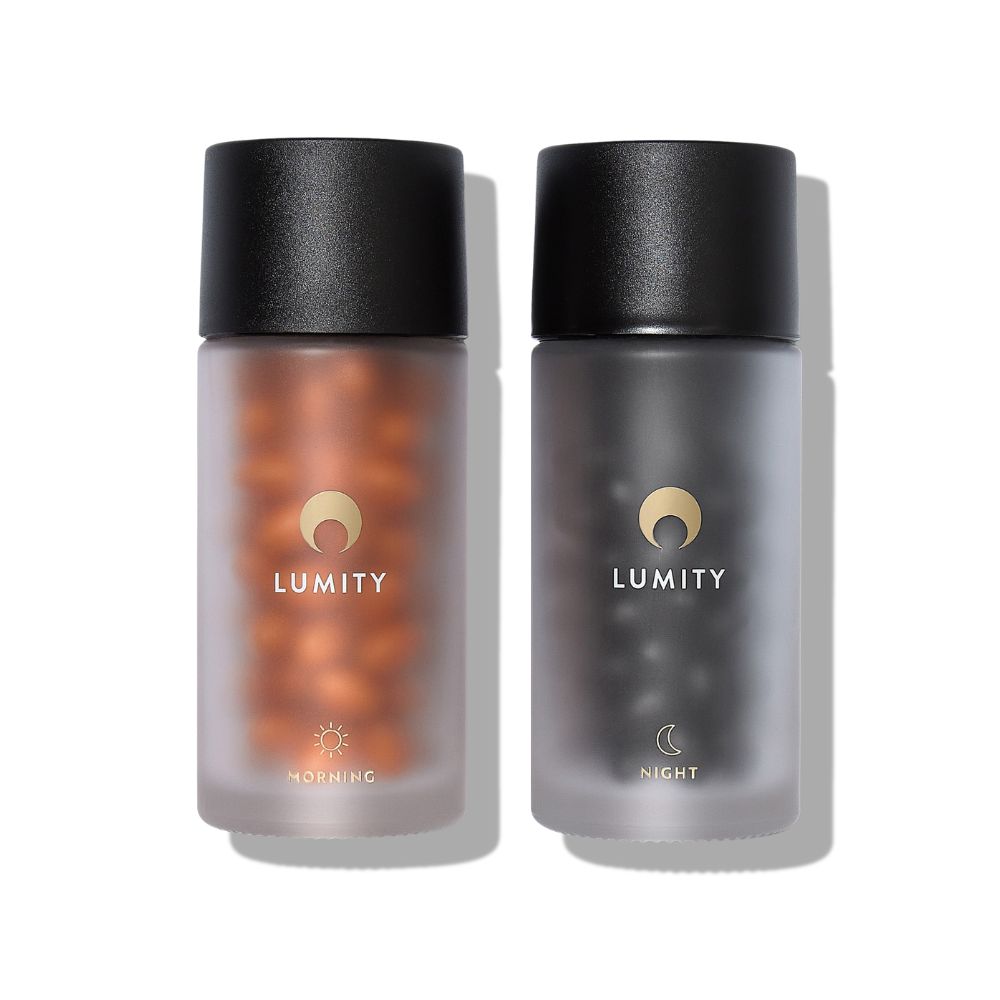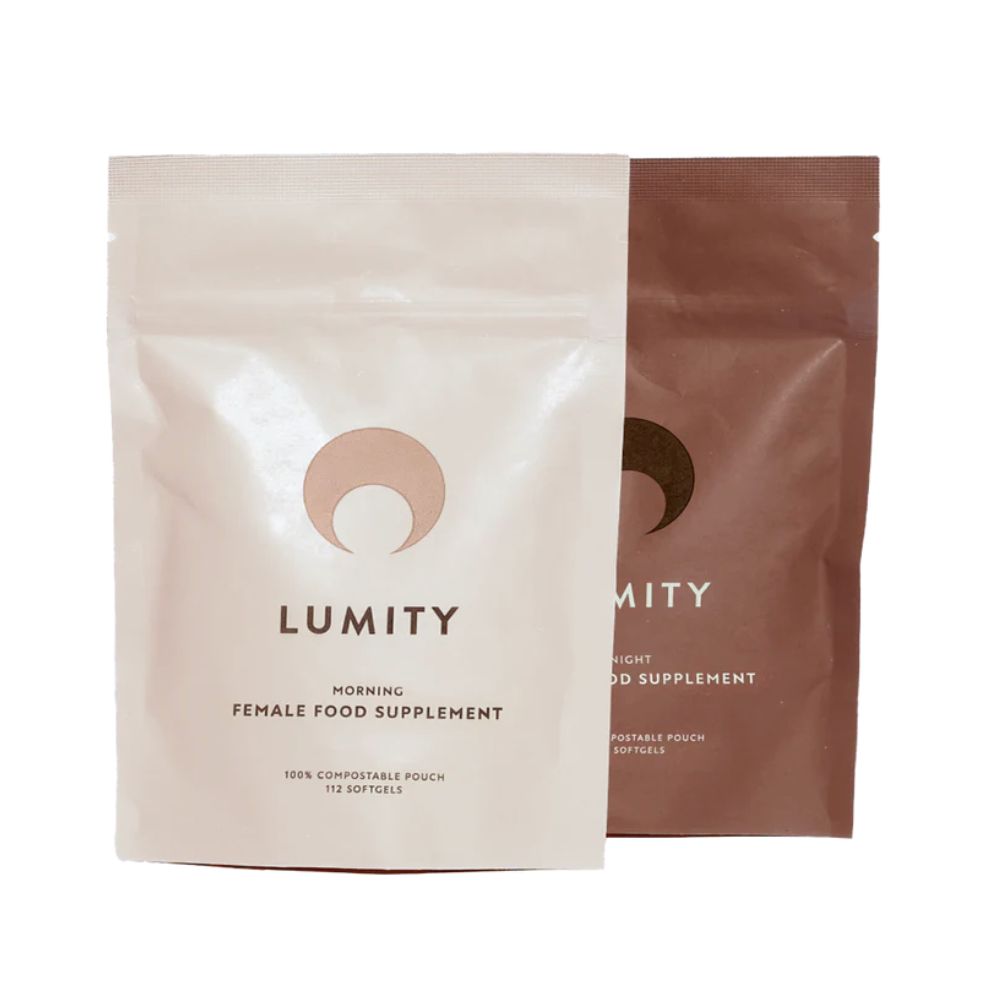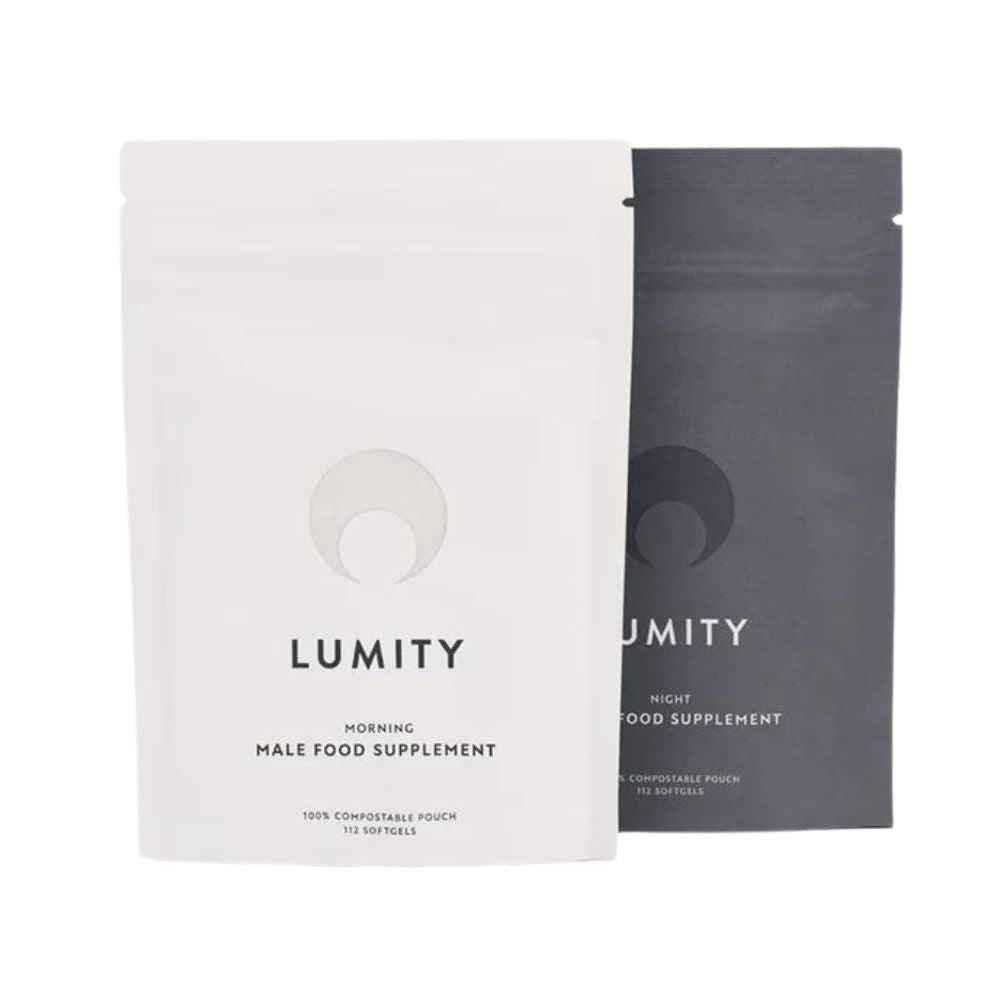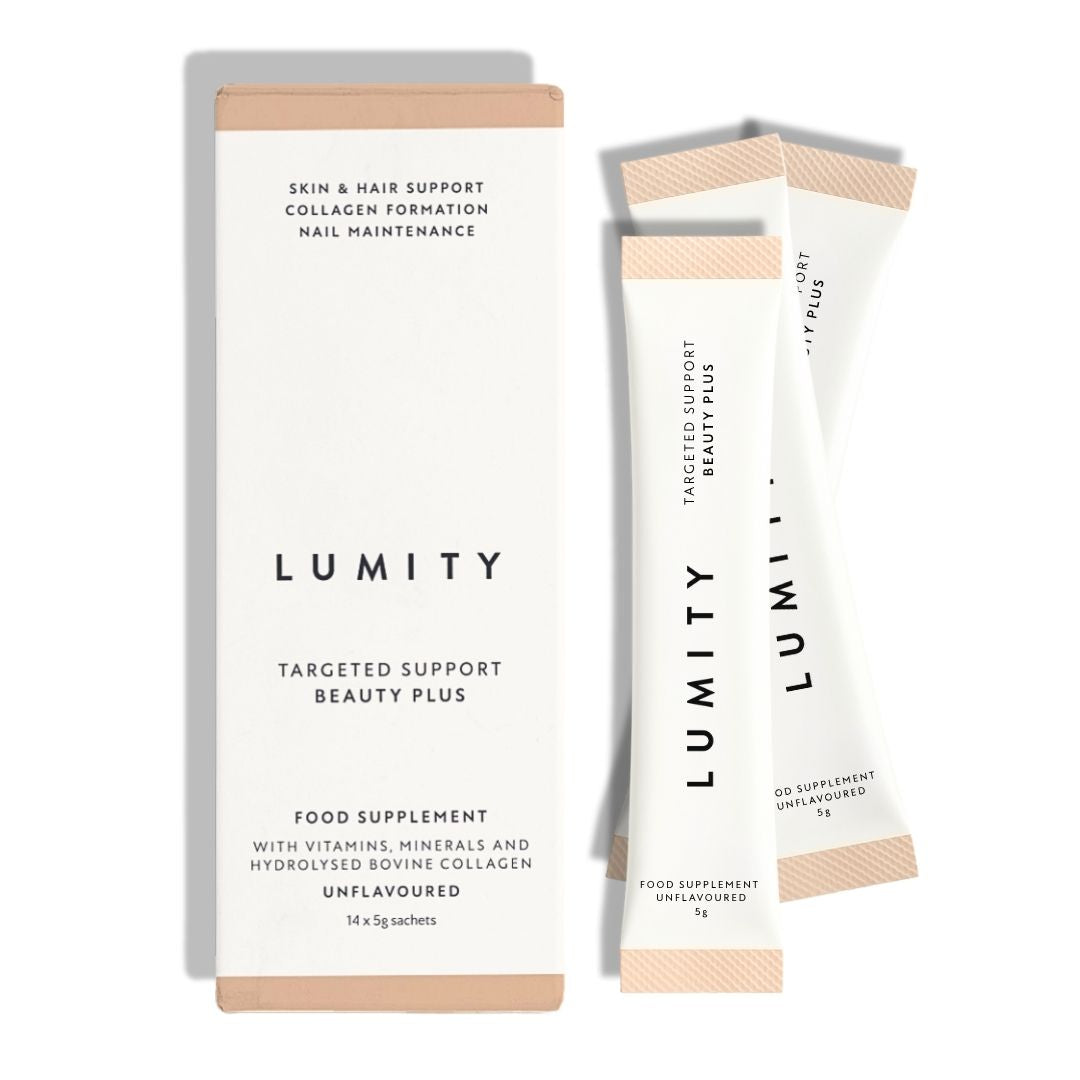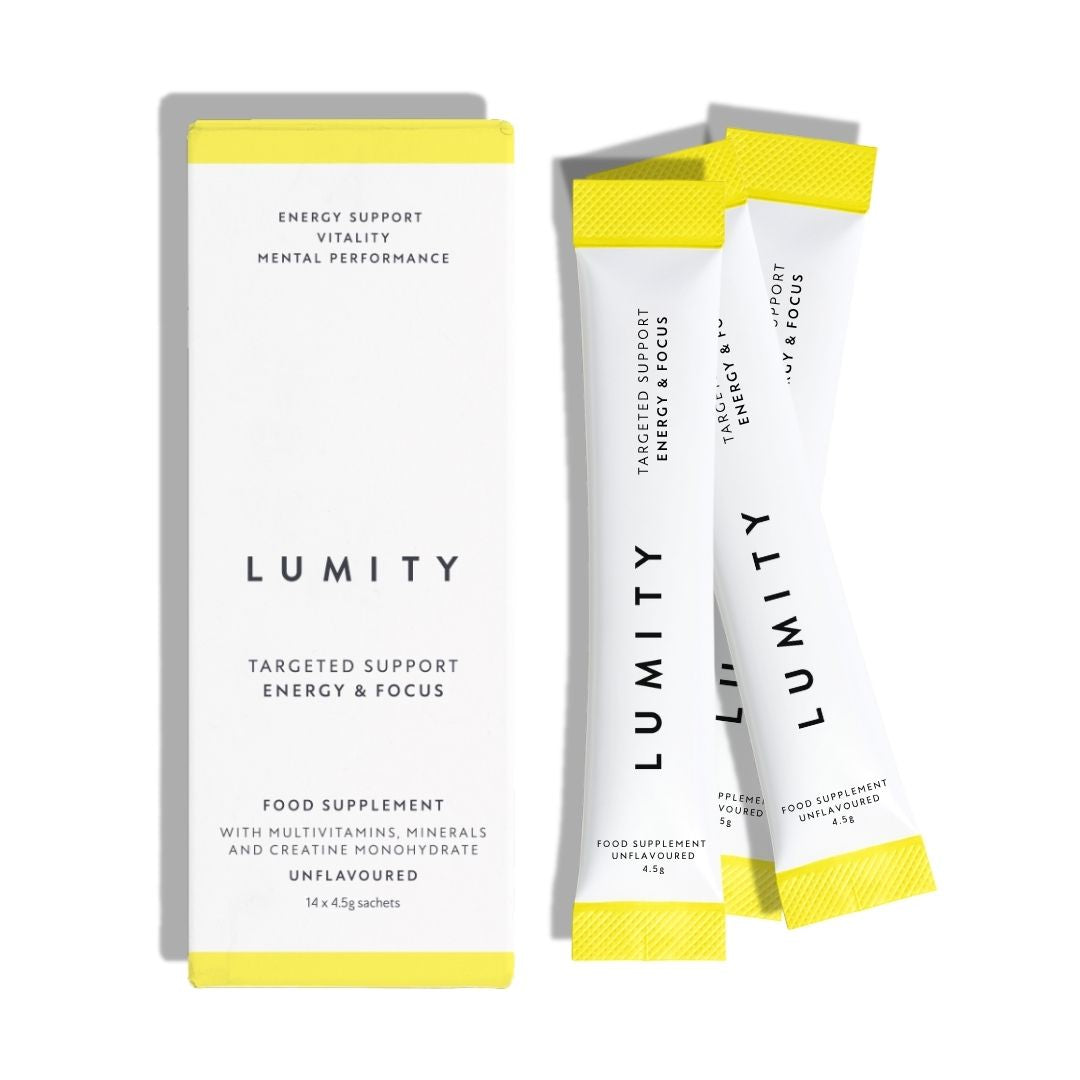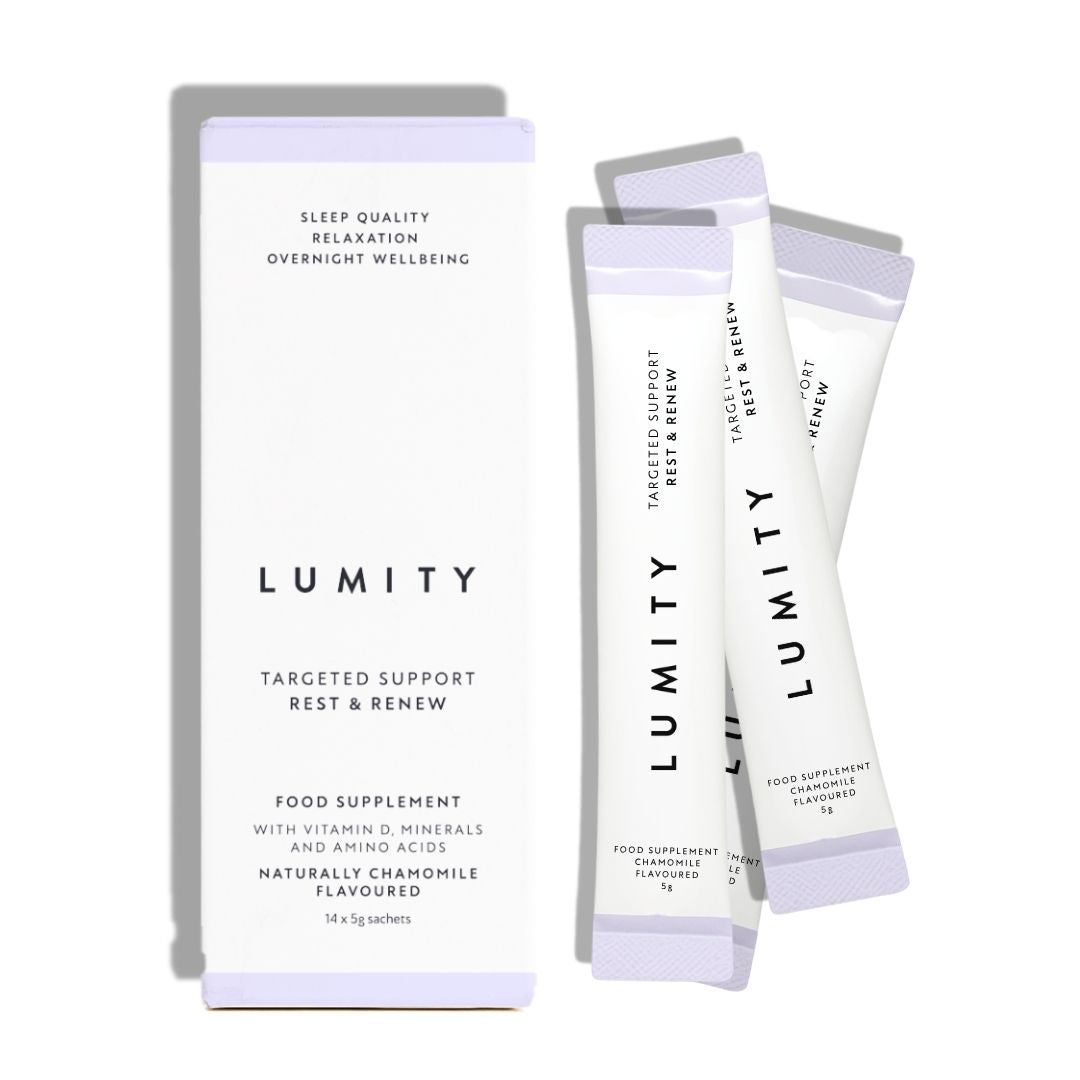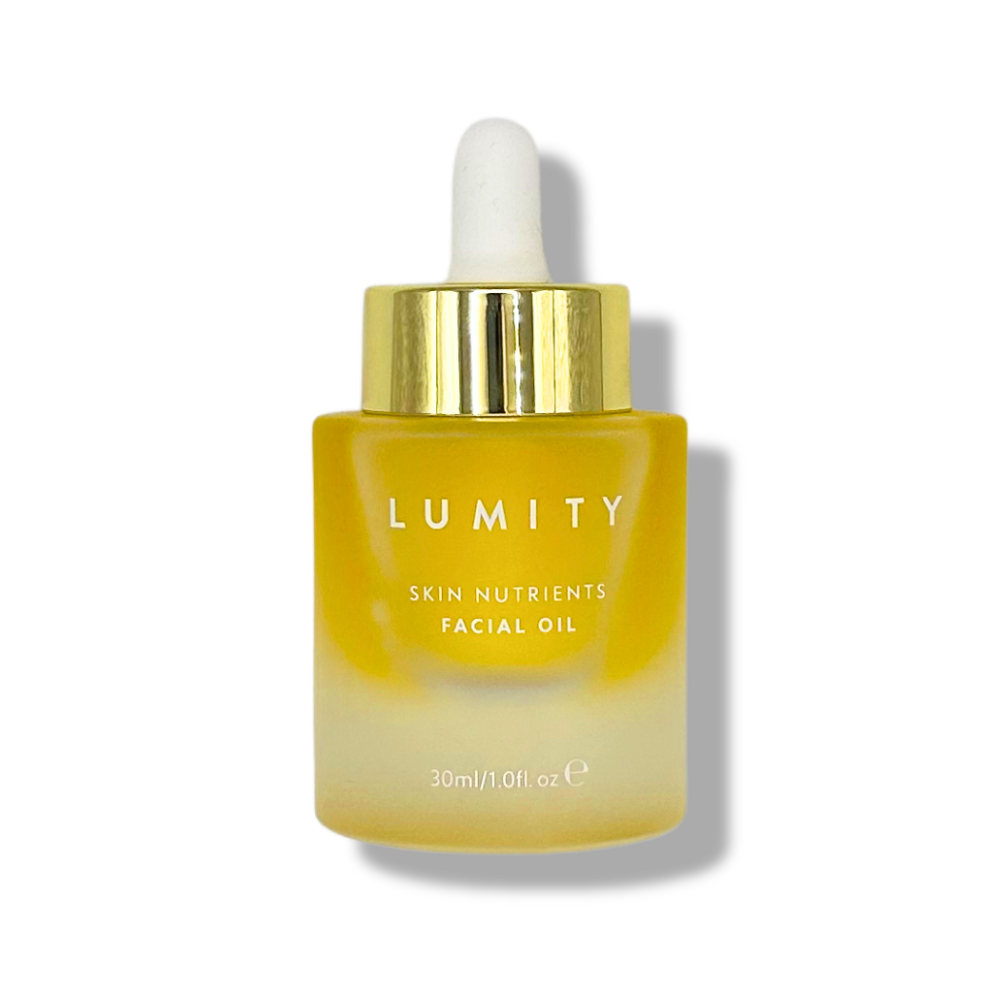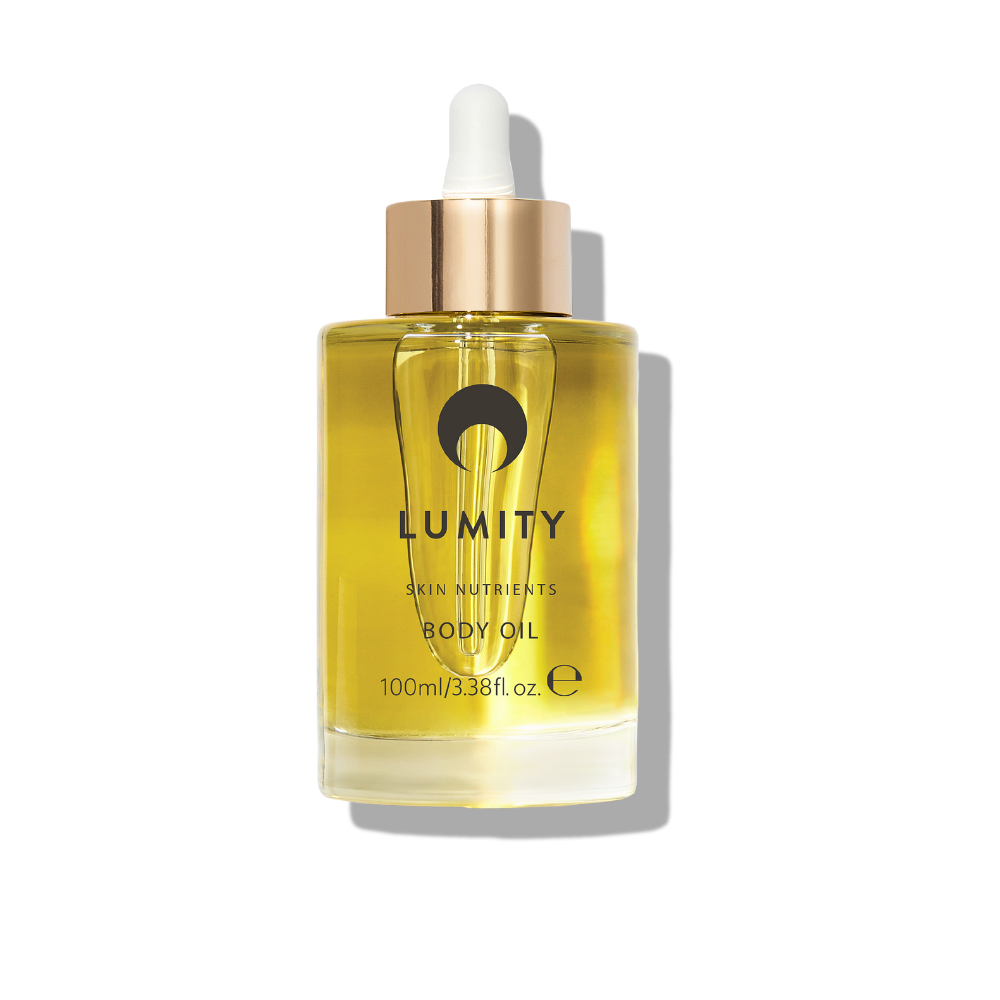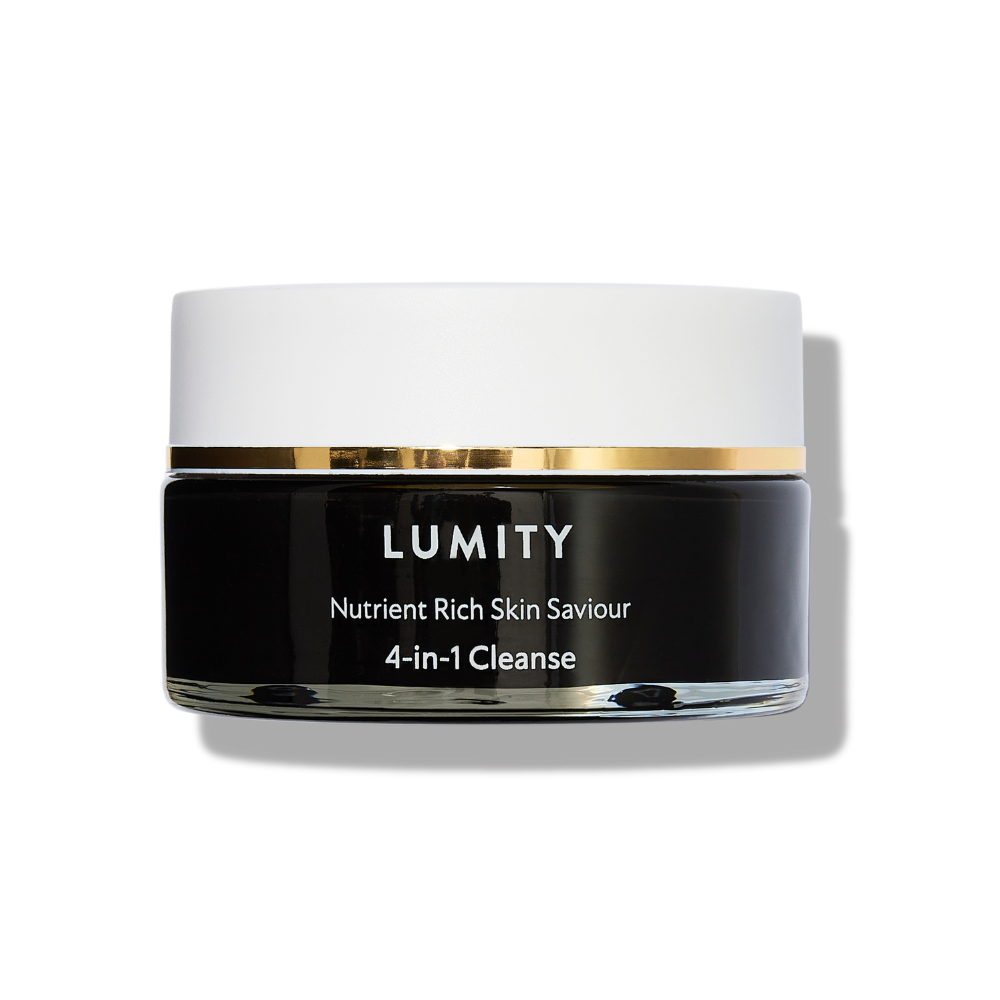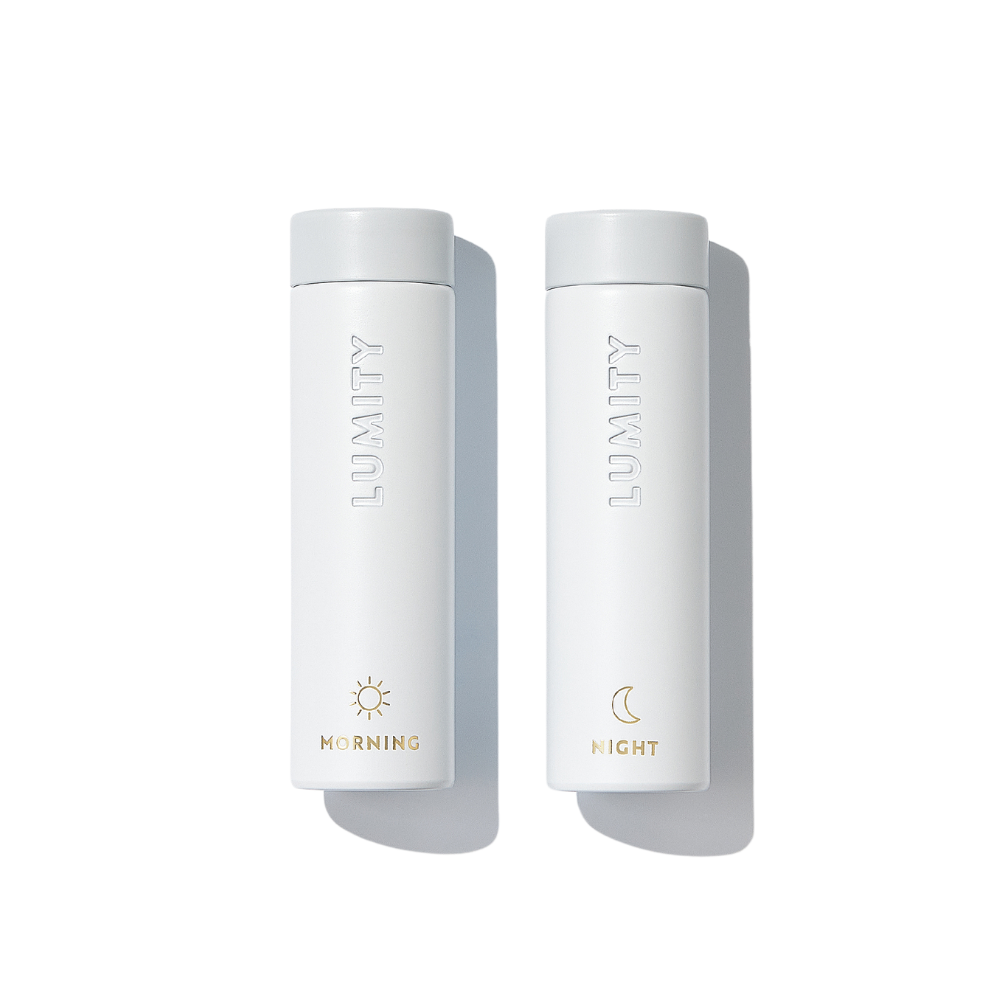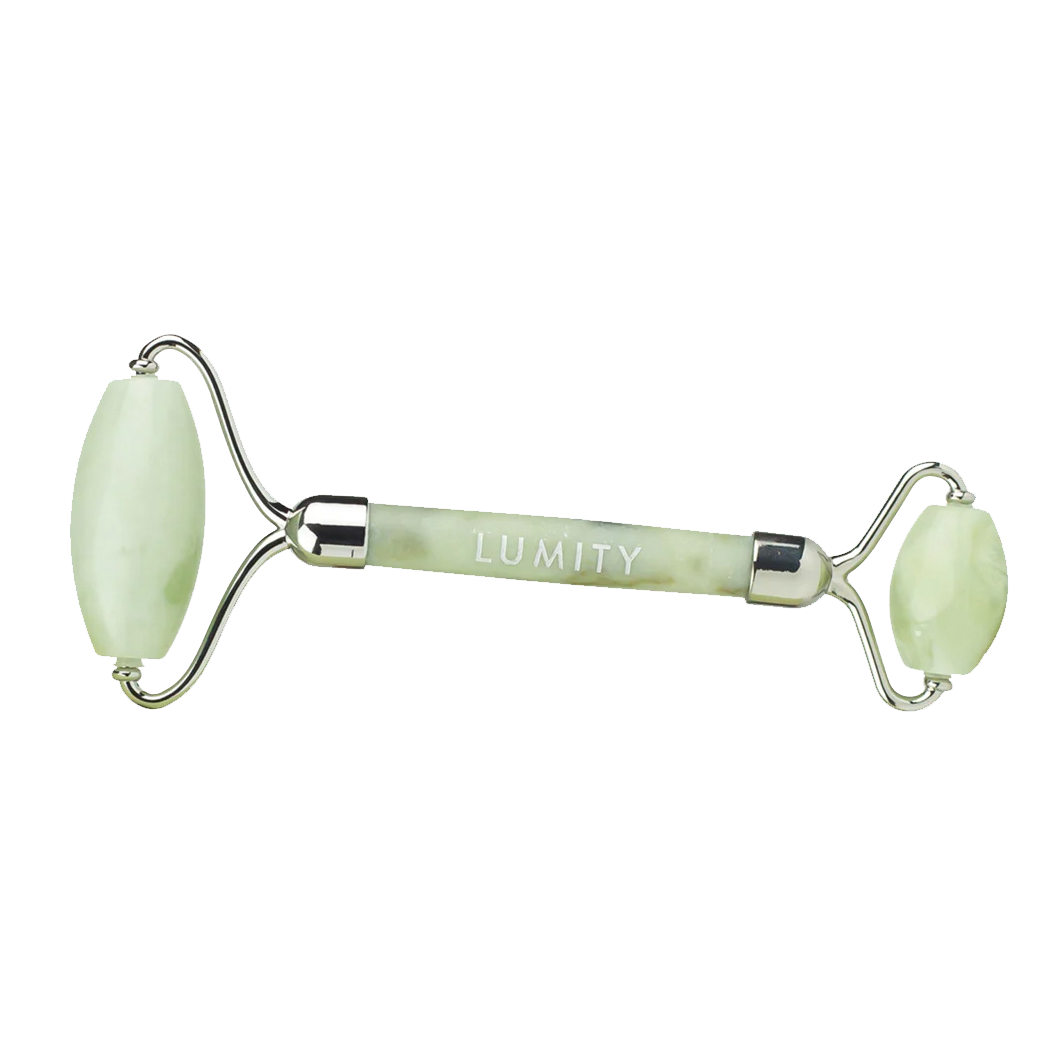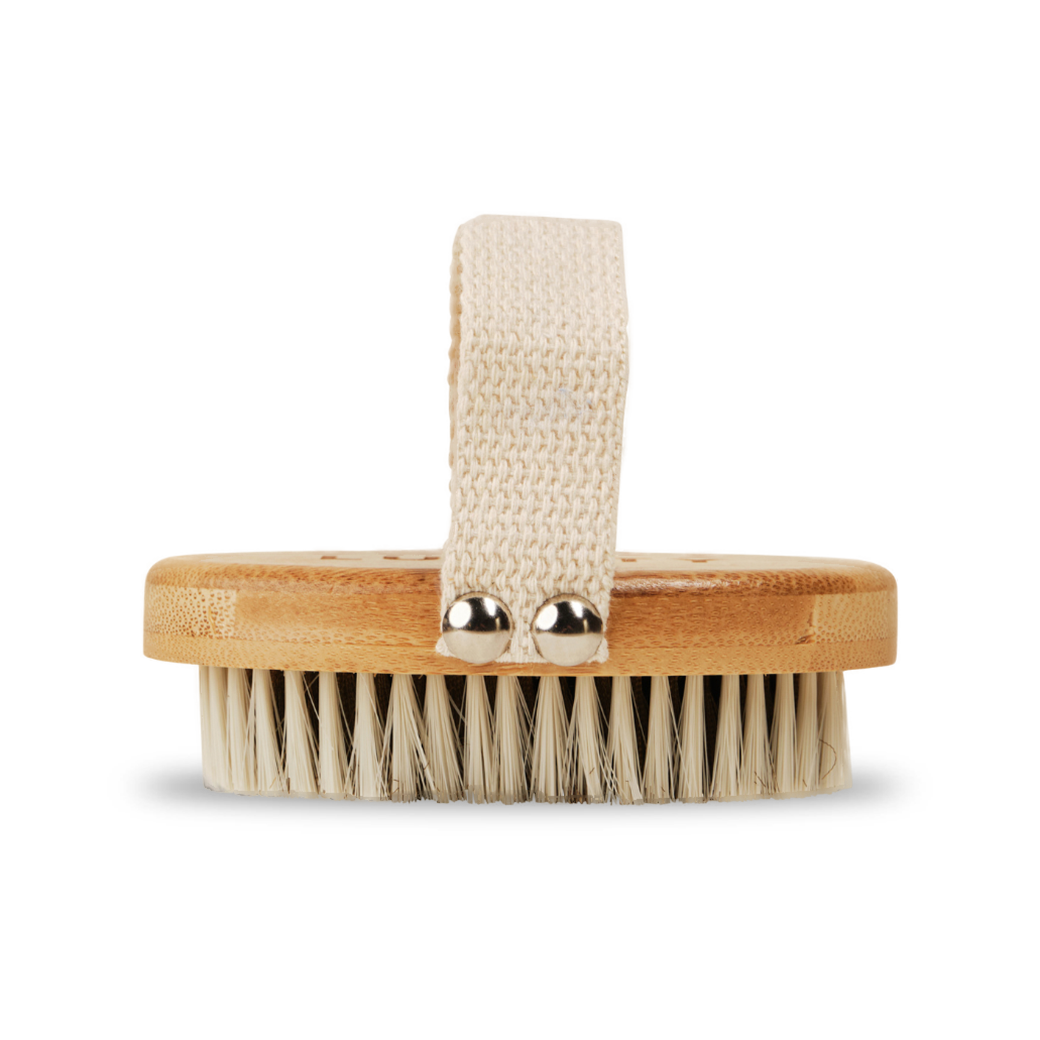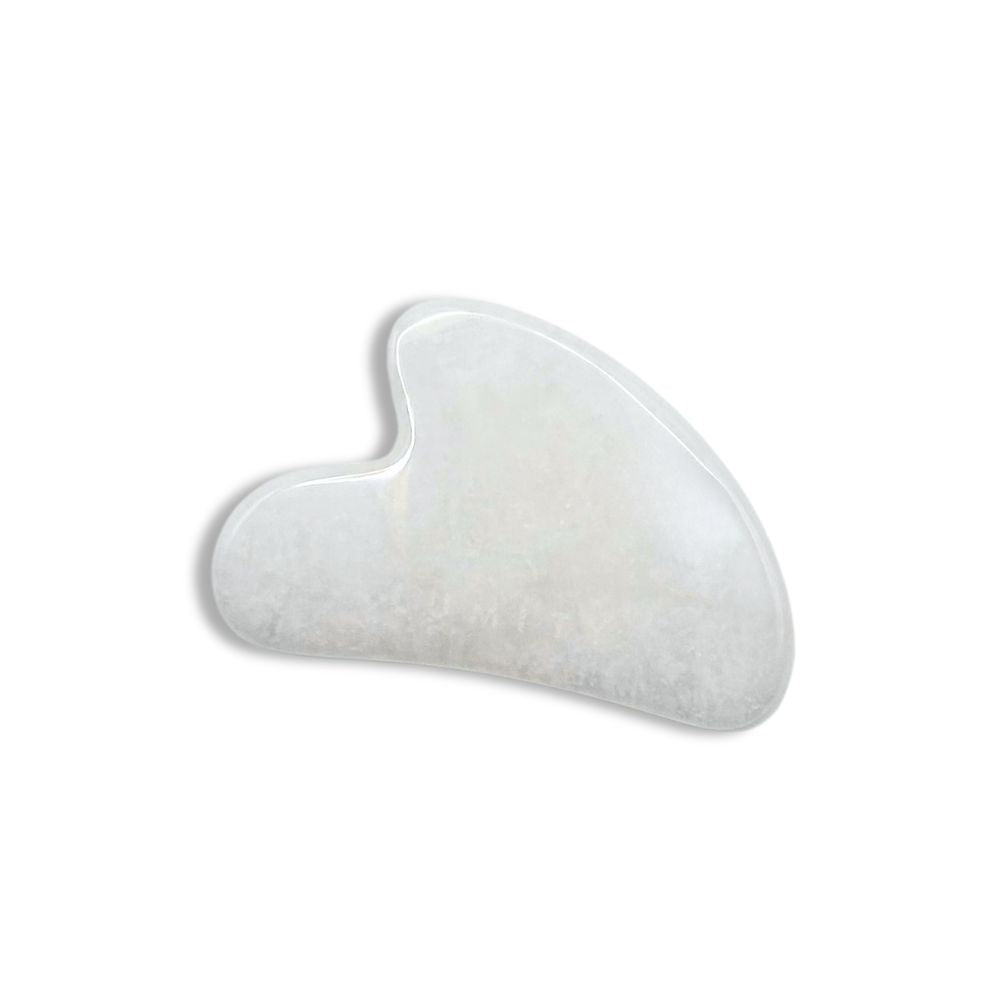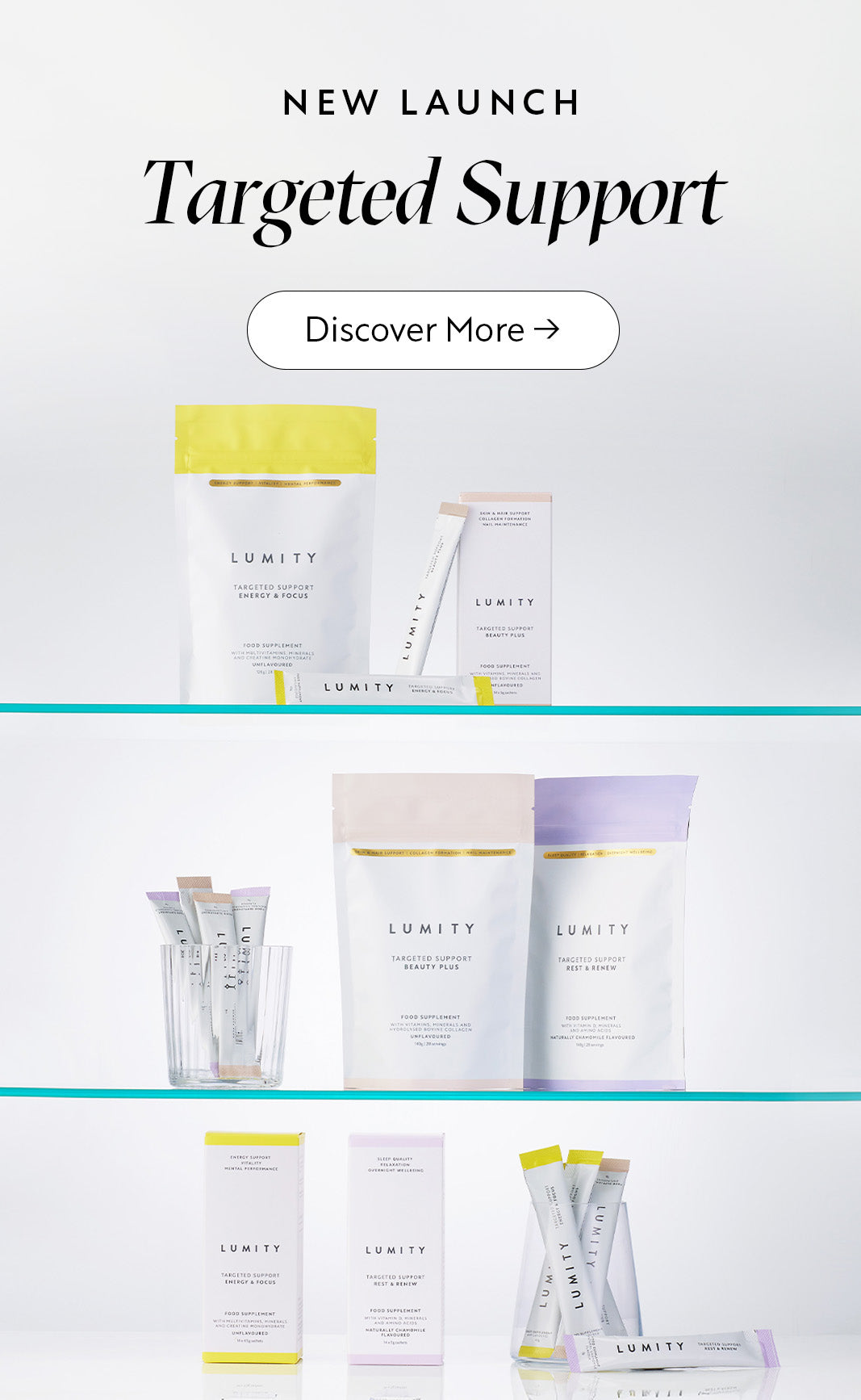Alanine: The antioxidant amino acid that boosts your brain and smooths skin

If we had to name one star ingredient in our flagship Morning and Night supplement formula that helps with skin’s elasticity it would be alanine. We’ve taken an in depth look at why and how this nutrient works with the body’s existing processes to helps slow the ageing process within the body.
The biggest threat to skin elasticity is glycation (the process whereby sugars bond haphazardly with proteins or lipids and impair their structure and function).
In the skin, glycation targets and breaks down protein components, such as collagen and elastin, which together form the pliable mesh that gives our skin structure, strength and elasticity.
As these protein components are broken down, the skin gets thinner, weaker and loses its natural elasticity and firmness. The result is wrinkles and sagging. There’s a unique dipeptide that interferes with the glycation process and prevents the damage it causes. It’s called carnosine. Unfortunately, carnosine levels in the body fall with age and carnosine supplements are not readily absorbed.
Instead, the amino acid alanine, which is well absorbed as a supplement, can effectively upgrade levels of carnosine and help the body prevent the damage caused by glycation.
Alanine is a non-essential amino acid, which means that it can be synthesised within the body. However, supplementation has a number of beneficial effects.
What is Alanine and what is it used for?
Alanine is a powerful antioxidant, a major part of connective tissue, an immune system booster, an important source of energy for muscle and the primary amino acid in sugar metabolism.
Which foods contain Alanine?
There are a variety of foods which contain alanine.
Lean beef, turkey and poultry all contain high amounts of alanine.
Fish including haddock, mackerel, herring and tuna are all packed with this amino acid.
Soy beans, which are also known as soy nuts – also contain high amounts of alanine.
For an easy boost of alanine try a lean chicken or turkey breast. You could cook it as a wrap and add in some sliced avocado – which also has trace amounts of alanine.
What are the benefits of Alanine?
Alanine also directly affects levels of carnosine in the body. Carnosine is a unique dipeptide that interferes with the glycation process. Levels of carnosine decline with age and carnosine supplements are not readily absorbed. Alanine supplementation is more effective at upgrading stores of carnosine in the body.
A simple definition of glycation is the cross-linking of proteins and sugars to form non-functioning structures in the body. Advanced glycation end-products (AGEs) are formed when sugars react with proteins, such as collagen, an essential component of healthy skin, which comprises up to one-third of the body’s proteins and has a slow turnover rate. AGEs threaten healthy skin by increasing collagen breakdown and reducing collagen’s regenerative ability. The result is wrinkling and sagging skin. Carnosine effectively prevents glycation from damaging the structure of skin, thus keeping skin firm, elastic and youthful.
Muscle carnosine content is inversely related to age. After the age of 50, sarcopenia, the loss of muscle mass, has been found to affect most people. This reduction in muscle mass is associated with a significant loss of strength, power and the ability to resist fatigue.
Alanine can slow down the rate of fatigue during exercise by increasing levels of carnosine in muscle. In the course of exercising, muscles become increasingly acidic, in part due to lactic acid build-up. Higher levels of carnosine can prevent this build-up and help buffer against this acidity, and higher output can be achieved without “feeling the burn,” the result of lactic acid accumulation.
Since carnosine acts as a pH buffer, it can also keep on protecting muscle cell membranes from oxidation under the acidic conditions of muscular exertion.
Alanine protects the lean tone of muscles in the body, the youthful, firm appearance of skin and boosts strength and stamina.
FAQ: What is the recommended daily dose of Alanine?
Lumity’s capsules contain 180mg of Alanine per day this covers a large amount of your daily needs. The tolerable upper limit is between 200mg and 600mg but this all depends on your weight and the amount of exercise you do.
